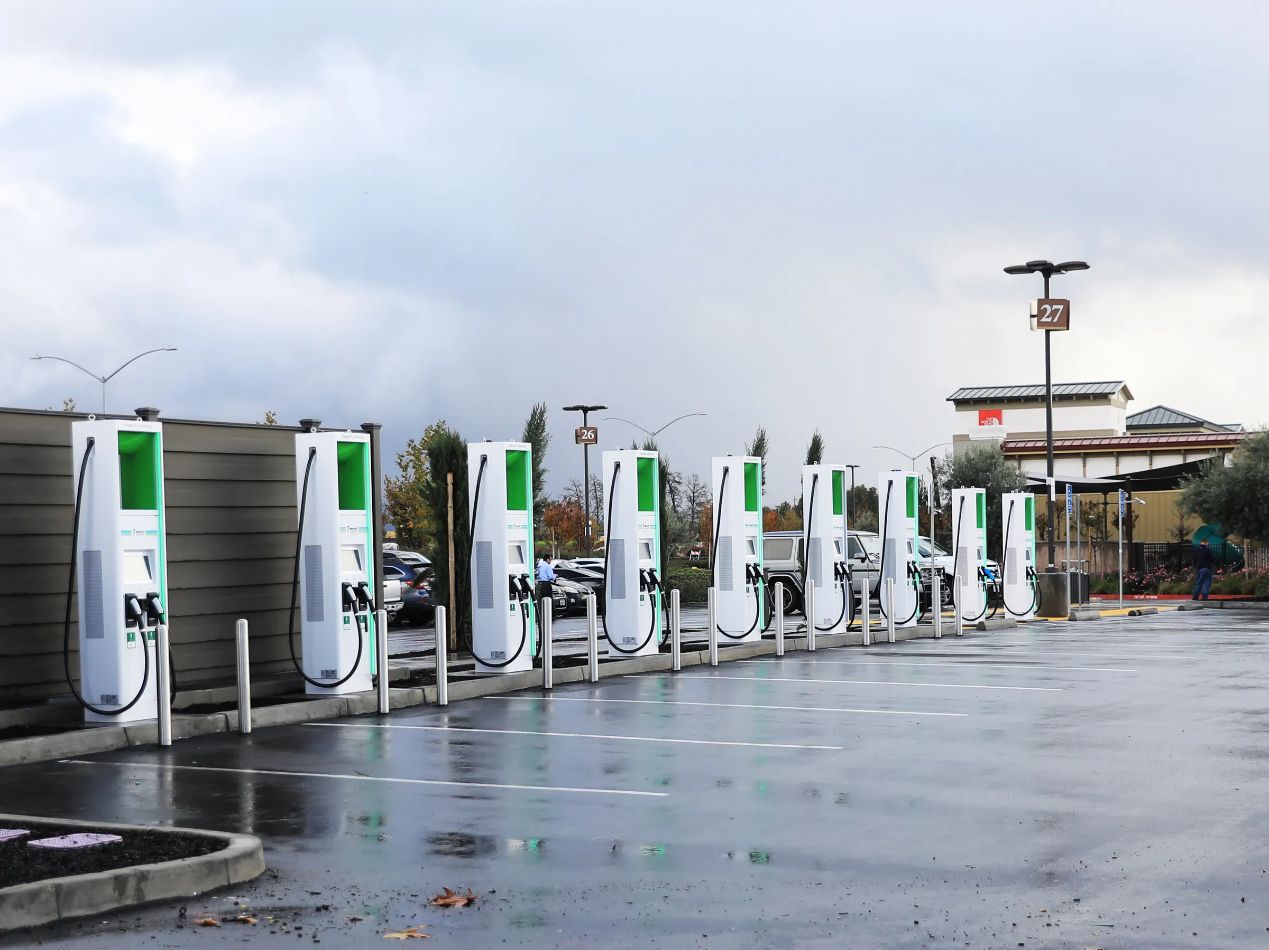plug-in electric vehicles (EVs)
To city-siders, there may appear to be more plug-in electric vehicles (EVs) on the road.
But perhaps that’s not surprising, given sales are up in Australia, with more sold in the first half of 2023 than in all of 2022.
While EVs make up less than 10 per cent of the new car market, this changing appetite will only get stronger with more incentives and choice. The federal government said it will
introduce a fuel efficiency standard – like other developed nations – to limit the greenhouse gas emissions produced by our cars. This move may end up turbocharging the EV
market more than anything else (since car makers must offer more low- and zero-emissions new vehicles to avoid penalties).
A growing demand for EVs means a growing need for EV charging infrastructure. As such, installing EV charging stations in homes is becoming an increasingly common request
from EV car owners, particularly when they can benefit from solar PV for charging. To support Australians making the switch to EVs, the National Construction Code (NCC) requires
more buildings to be ready for EV charging.
How does the building code deal with EV charging?
For builders and developers, your Class 2-9 building projects under NCC 2022 Volume
One will now require pre-provisioning the carparks associated with those buildings.
This includes the provision of EV charging demand management equipment to service all carparking associated with Class 2 apartments, and a proportion of carpark spaces
associated with Class 3 residential buildings and commercial Class 5 to 9 buildings. The Australian Building Code
Board (ABCB) has released guidelines on charging precautions for EVs.
NCC 2022 does not require pre-provisioning for Class 1 detached dwellings (or Class 10 garages used as onsite parking), nor does it require the installation of EV chargers in any
residential or commercial building. However, it’s expected that future editions of the code will include similar pre-provisioning (cables and conduits, etc) to enable future charging
equipment to be installed.
Type2 Portable EV Charger 3.5KW 7KW Power Optional Adjustable
Post time: Nov-22-2023









